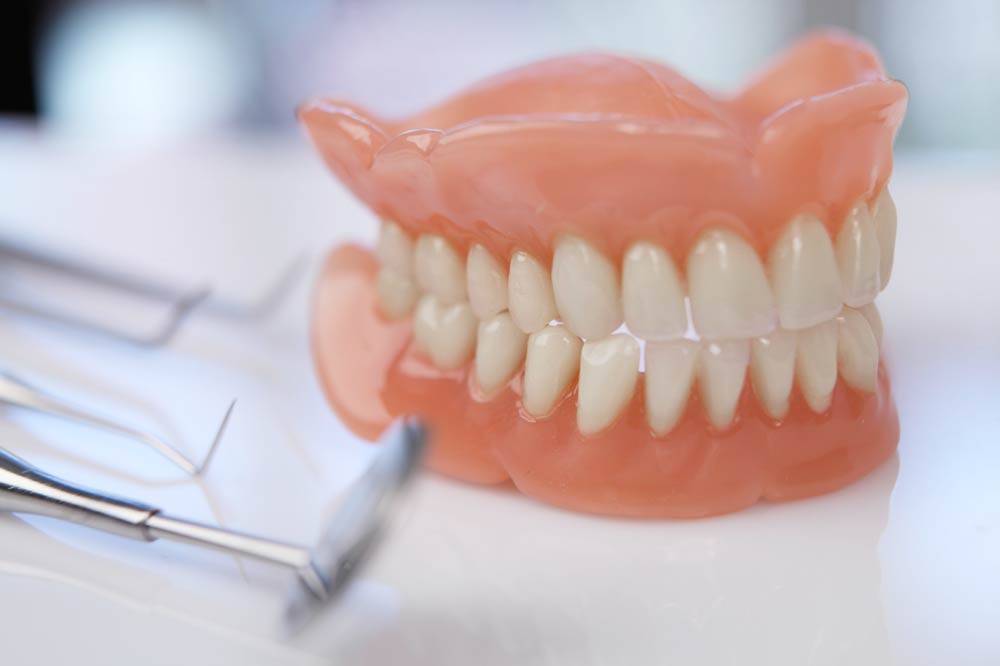
Everything You Need to Know About Electric Toothbrushes and Dentures
The idea of dentures might be daunting at first, but the benefits far outweigh the costs. Dentures restore the functionality of your teeth and help revitalize your smile. But just as it’s necessary to brush natural teeth, it is vital you care for your dentures as well.
Why It Is Important to Clean Your Dentures?
Oral hygiene is crucial – whether it’s with caring for your natural teeth, flexible partial dentures, or full dentures.
Dentures, like natural teeth, need to be cleaned every day. If you don’t, bacteria may accumulate and you risk gum disease, infections, and other oral health problems. Failure to fully remove the bacteria can also result in your dentures developing a difficult-to-remove foul odor.
How to Keep Your Dentures Clean
Cleaning your dentures isn’t difficult. On a daily basis, just follow these steps:
- Use a soft bristled brush and warm water to brush your dentures.
- Rinse your dentures after every meal to eliminate any leftover food and prevent bacteria growth.
- Soak your dentures in an antibacterial solution for a few hours every day. This is easiest to do overnight while you are sleeping and helps remove bacteria. It also gives your gums a rest from wearing dentures.
Using an Electric Toothbrush
Ideally, it is recommended that you use a regular soft bristled toothbrush to clean your dentures as they’re considerably more gentle than electric toothbrushes and dentures can be easily damaged. However, if you have partial dentures, an electric toothbrush may be a viable option.
If you choose to use an electric toothbrush with your partial dentures, use the tip of the electric toothbrush (while it’s turned off) to clean the denture once you remove it. Then you can brush your natural teeth with it turned on while your dentures are still removed. Electric toothbrushes tend to clean teeth much more efficiently and some even come with timers to ensure that you’re spending sufficient time on the task. For these reasons it’s a great tooth-cleaning option for your natural teeth, and if you want to use it to pull double duty for your partial dentures, you can use it while it’s turned off.


